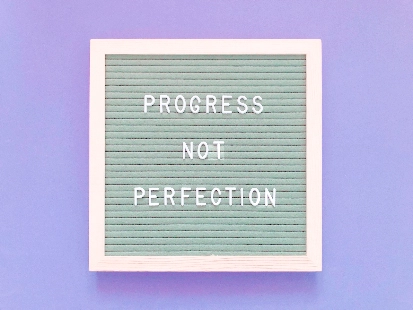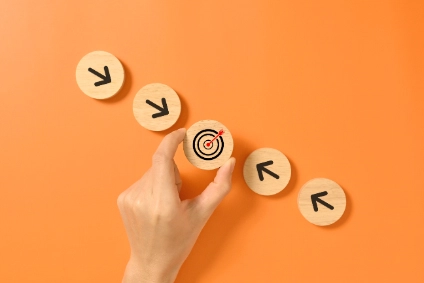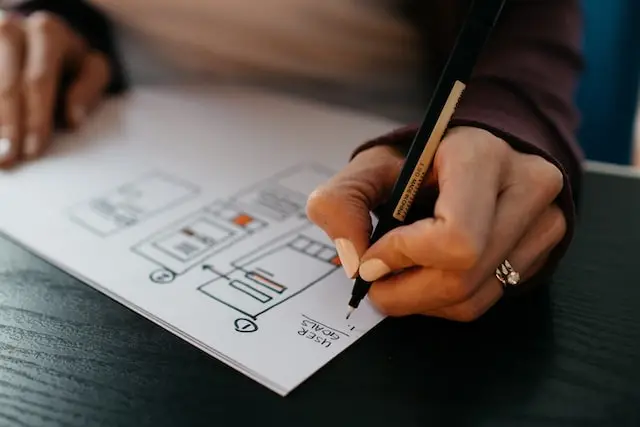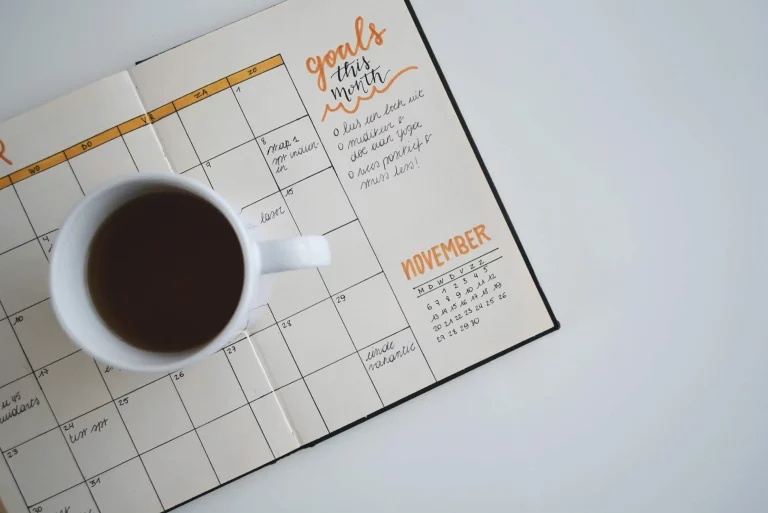9 Good Habits To Form a Balanced and Succesful Life
Your success in life can be easily measured by seeing what good habits you have developed in your routine. Simply put, habits are behaviors that we perform automatically without thinking. They can either be good and add value to our life. Or, they can be detrimental to our personal development and take us away from our goals.
Although they may seem small, habits can significantly impact our lives. When good habits accumulate, they can lead to better inner satisfaction and increased productivity, while accumulating bad habits can hold us back and make us less effective.
Even though it can be difficult to change yourself, developing new and good habits is not as difficult as it seems. So, let’s see how the habits can be categorized and how to develop them using a proper methodology.

What is Meant by Good Habits, and Why Do They Matter?
Scientifically speaking, habits are created when a behavior is repeated enough times that it becomes automatic. In other words, we don’t have to think about doing it. They just happen automatically. Once established, habits can run on autopilot
Generally, your habits can be categorized into 3 groups:
1. Essential Habits:
These are the habits that become a part of your life as they are introduced from the beginning of your life, like brushing your teeth, waking up for school/work, getting dressed properly, etc.
2. Beneficial Habits:
These are the good habits you develop to help you grow both physically and mentally. For example, developing an exercise routine, reading books about personal development, and eating healthy.
3. Destructive or Bad Habits:
These are the habits that don’t cause any benefit to you. Rather they harm yourself in exchange for temporary pleasure. These include drug addiction, procrastination, poor diet, social media addiction, etc.
Once established, habits run on autopilot. So developing good habits is essential to become the best version of yourself. Apart from that, you also need to work on slowly eliminating the bad habits. Doing both these can be challenging at first, but with time and proper implementation strategies, you can ace them in no time.
How to Develop Good Habits
It may take some time and effort to develop new and better habits, but eventually, it will become second nature. And that’s when the real magic happens.
You can start developing them with this simple 5-step strategy:
1. Using the Foot-in-the-Door Approach
To form good habits, you don’t need to jump from 0 to 100 in an instant. Instead, you should try to take small steps at a time so that you feel comfortable to adapt the habit you want.
Focusing on one thing at a time helps you gradually make the habits fit into your routine. For example, if you want to start exercising and go to the gym but don’t feel like it, just use the foot-in-the-door approach.
To do this, just simply put on your shoes and get yourself out of the front door. Doing this will not only kill your procrastination but will also motivate you to get out there and get work done regardless of the results.
2. Reduce the Friction
Sometimes you want to develop good habits but can’t do so due to unnecessary friction from the obstacles in your environment and lifestyle. If the drag isn’t reduced, you won’t develop a natural flow in building new habits.
Like in the previous example of going to the gym, you can reduce friction by setting your shoes and gym wear in easily accessible places. When they are right in front of you, you don’t have to hassle searching for them when it’s time to go.
This way, your friction to the next step is reduced, and you get comfortable in maintaining your habit for a long time.
3. Creating Balance:
The most important element to maintaining your new habit is to have a balanced routine and schedule where it fits so that it doesn’t cause you to exert yourself unnecessarily.
Proper time management and scheduling should be done so that you can make your habit a permanent one. For example, if you are just starting your gym routine, you don’t have to go overboard. Instead, make a routine of following a 4 or 5-day plan with adequate rest days in between.
4. Being Persistent:
Be determined to persist with the new behavior until it becomes automatic and easy. Make it a part of your life that you become uncomfortable if you don’t follow it.
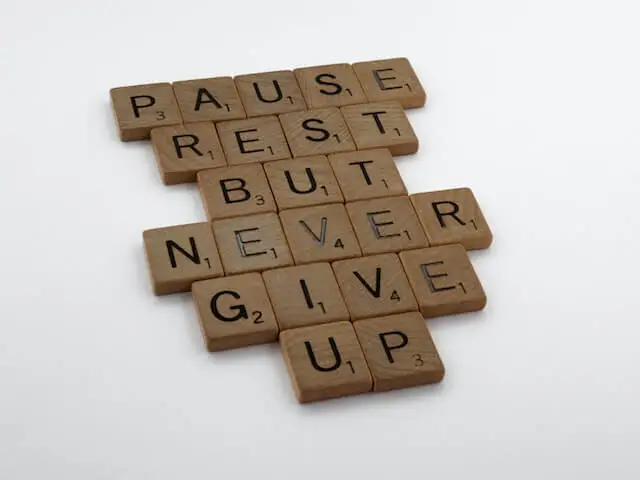
5. Rewarding yourself
The final step in solidifying your habit is to reward yourself whenever you stick to it. Positive reinforcement is a simple but effective way to condition your mind and body to make you be persistent in performing your habit.
For example, if you’re trying to develop a habit of working out three times a week, you might give yourself a small prize after each successful workout. The reward could be something as simple as a piece of candy or a new book.
Over time, your brain will begin to associate the desired behavior with the reward, making it more likely that you’ll stick with the habit in the long run.
How Long Does it Take to Form a Habit?
The answer lies in understanding how the brain works. When we repeat an action over and over again, it creates a neural pathway that becomes stronger with each repetition.
Habits can be difficult to form because they require a great deal of repetition before the brain develops these pathways to stick help you stick with them. Most experts say it takes around 18 to 254 days to form a new habit.
But on average, doing something for 66 days without any break is ample time to adopt a behavior. The good news is that once a good habit forms, it can be just as challenging to break as a bad one.
9 Good Daily Habits to be More Successful in Your Life
Now you know how to form good habits, let’s dive right into the habits that will make you a better version of yourself.
1. Eating Healthy:
Eating healthy is the best thing you can do for your health in the long run. Even though it might sound odd that eating healthy needs to be actively developed, many of us don’t know how to assess what we consume every day.
Approximately 31 million Americans skip their breakfast daily. This leads to a number of negative health outcomes, including weight gain, poor nutrition, and an increased risk of numerous diseases.
So to have a healthy body, you need to get your diet in order. Just waking up early a few minutes before your normal time, can help you recharge to be productive for the next day.
And apart from fixing your breakfast, you also need to slowly wean off from sugary drinks and highly processed foods in your next meals. Remember, taking care of your body is a lifelong commitment, but small changes can make a big impact.
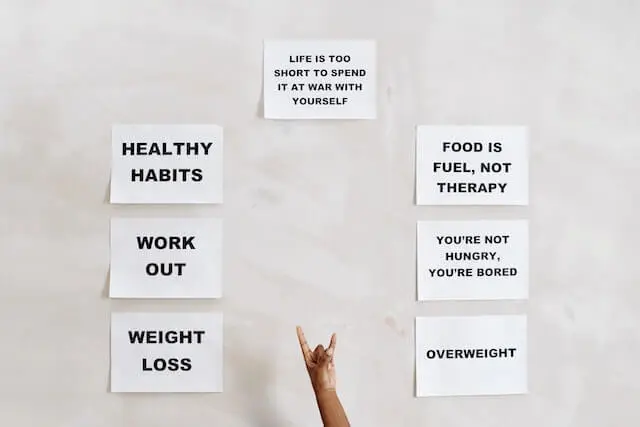
2. Exercising Daily:
Another good habit to add to your stack is exercising daily. It has numerous benefits for both physical and mental health. Regular physical activity can help improve cardiovascular health, increase muscle strength and flexibility, and reduce stress and anxiety.
It is important to find an exercise routine that works for you and stick with it on a daily basis. Whether it’s going for a run, taking a yoga class, or simply going for a walk, making exercise a daily habit can have a profound impact on overall well-being.
3. Practicing Conscious Living:
By conscious living, I mean being present at the moment. It involves being more mindful of your actions and their impact on the environment and those around you.
This can include reducing your carbon footprint by using public transportation, biking or walking instead of driving, and reducing your consumption of single-use plastics.
By making mindful living a habit, you can improve not only the well-being of the planet but also your own well-being. It’s a win-win situation. It’s not just about trying these good habits. It’s about doing them with attention and focus. That’s what living is really all about.
4. Managing your Time
Effective time management is another habit you must develop consciously for success in both your personal and professional life. In order to make the most of your time, you need to set priorities, plan, and keep organized.
Making time management a habit can be made by setting specific goals and creating a schedule to achieve them. Start by writing down your daily tasks and prioritizing them based on importance. Use a planner or calendar to schedule your day and stick to it as much as possible.
Incorporating tools such as to-do lists, setting reminders, and delegating tasks can also help in time management. With consistent effort, time management can become a natural part of your daily routine and help you achieve your goals more efficiently.
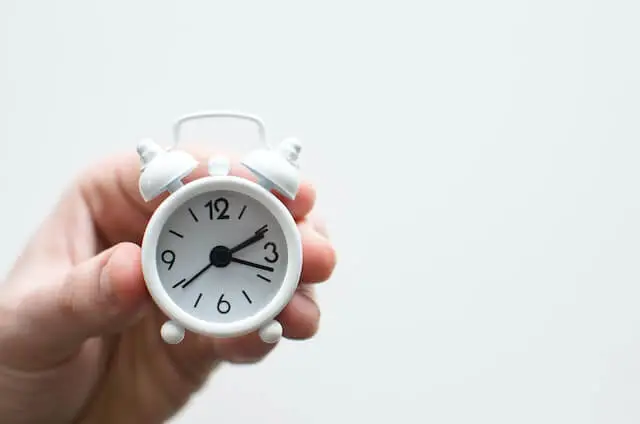
5. Reading New Books
Developing a habit of reading new and practical books can enhance your knowledge, skills, and well-being. This is a great way to acquire new information, gain new perspectives, and expand your knowledge.
You should set aside dedicated reading time every day if you want to make reading a habit. Whether it’s 10 minutes before bed or 30 minutes during your lunch break, find a time that works for you and make it a part of your daily routine.
Additionally, you should choose books that are aligned with your interests and goals. Choose books that you can benefit from, whether you are interested in a self-help guide for better productivity or a novel for improved writing skills.
Taking part in a book club or reading group, where you can meet like-minded people and discuss books with them, is another excellent way to improve your reading habit.
With consistent effort and dedication, reading can become a natural part of your daily routine and set you up for more success.
6. Tracking Your Expenses and Budget
Tracking your expenses and budgeting is a habit that is essential for anyone looking to take control of their life. By keeping track of your income and expenses, you’ll understand where your money is going and make better financial decisions.
Budgeting is a powerful tool that helps you set financial goals and ensure you have enough money to cover your bills and save for the future. The key to making tracking your expenses and budgeting a habit is to make it a regular part of your routine.
You can do this by setting aside some time each week to review your finances, using budgeting apps or software, and regularly reviewing and adjusting your budget as needed.
7. Spending Time with Friends and Family
It’s getting quite difficult to manage time with friends and family nowadays. Spending time with them is not just a good idea; it’s a habit worth developing. When we make time for our loved ones, we’re investing in our emotional and mental well-being.
Having people in our lives who support us, make us laugh, and just share good times with, is truly invaluable. To make this good habit stick, schedule it, just like any other important task.
Whether it’s a weekly family dinner or a regular phone call with a friend, make sure you put it on your calendar. And most importantly, make sure you’re fully present during those precious moments with your loved ones.
You’ll be amazed at how much more meaningful and enjoyable it makes those moments when you’re actively engaged in the conversation and activities.

8. Practice Gratitude
Expressing gratitude is a good habit that can greatly increase your happiness and well-being. One simple way to start is by keeping a gratitude list each day. Take a few minutes each morning to reflect on the things you are thankful for.
It’s easy to get caught up in comparing ourselves to others and seeing only what we lack. Social media can make it even harder, as we constantly see others’ highlight reels. The journey of every individual is, however, unique, and it isn’t always a true reflection of reality.
Whenever you are experiencing difficulties, try to focus on the positive aspects of your life and write them down. This habit of listing the things you are grateful for can give you hope and perspective during a difficult time
9. Reflect on Your Week’s Progress
Taking a moment to analyze your week can be a game changer when it comes to personal and professional growth. It’s a good habit that allows you to reflect on what you’ve accomplished, where you struggled, and where you can improve.
By reviewing your schedule, to-do lists, and notes from the past week, you’ll better understand how you’re spending your time and where you can make adjustments. Plus, it’s a great way to set yourself up for success in the upcoming week.
And most importantly, make sure you’re being honest with yourself during this review. It’s a great way to identify patterns, set realistic goals, and plan to achieve them. With a little effort, analyzing your week can become a natural part of your routine and help you to achieve your goals and improve your productivity.
Final Words on Developing Good Habits
In conclusion, developing good habits is an essential step to take if you want to lead a balanced and productive lifestyle. Developing them may seem daunting at first, but with the right strategies, it is possible to make them a part of your daily routine.
Start small, reduce friction, and create balance in your schedule. With time, these good habits will become second nature and help you become the best version of yourself. Remember, developing them takes time and effort, but the rewards are well worth it.
So take the first step today, and let me know how these habits turn out for you. Are there any good habits you practice every day? Let me know in the comments!


